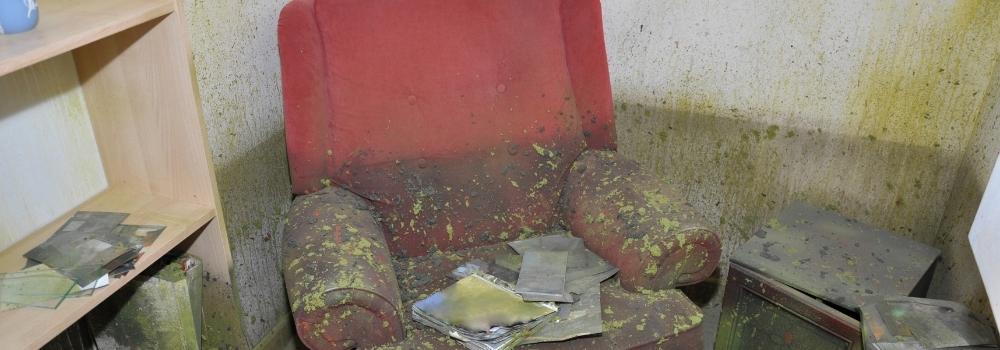Spring often brings a series of heavy rain showers and thunderstorms, which can cause serious flood damage. While the rain is necessary for good old Mother Earth to start blooming, most home owners need to know how to protect against flooding.
The signs for flood damage in your home
Having a good home insurance policy can help you stay afloat in wet times. But before you enter your wet or still flooded basement to document the damage for your home insurance coverage, it is vital that you make sure it is safe to do so.
First things first: electrical safety
If the water has risen above the height of electrical sockets or remains over the height of the sockets, or has engulfed any wiring, then electrical shock or electrocution is a real danger. Get immediate help from the power company if this is the case and do not try to turn the power back on by yourself.
Brown water means a sewer backup
If sewage has entered the water, you will have to ensure proper protection for yourself including the appropriate equipment before entering the flooded areas:
- Footwear
- Body covering
- Rubber gloves
- Goggles
- Face mask
Untreated sewage carries many types of harmful bacteria. Do not flush toilets or run any sources of water in the house if this is the case, as it may cause further flood damage in your home with additional eruptions from the sewage system.
Gas leaks: the nose knows
The last thing to consider for safety’s sake is the possible presence of a gas leak. If you smell rotten eggs or a sulfurous odor, it is possible you may have a leak from your gas pipes. Exit the house immediately, and do not use cigarettes or anything else that could cause a spark (which includes turning on the power yourself!) Call the gas company immediately for assistance.

Preventing flood damage in your home
Floods are the most common kind of natural disaster in Canada, with related costs rising in the industry. Follow these tips to prevent flooding in your home:
- Direct downspouts away from your house.
- Check that nearby sewer grates on your street aren’t blocked.
- Cover your window wells.
- Check for nearby pools of water during and after heavy storms.
- Install a sump pump.
- Install a backwater valve to prevent sewage back-ups.
- Seal leaks and cracks in your foundation.
- Raise as many appliances as possible above the basement.
Home insurance without flood damage coverage
Flooding has only become a recent addition to standard home insurance policies in most cases, but don’t take it for granted. Not every insurance carrier provides overland flood insurance automatically, yet water damage in general is involved with 48% of Canadian home insurance claims.
By the numbers, 77% of Canada’s insurers provide overland flood insurance as of June 2018. This has made overland flood insurance available on top of sewer insurance, which was the only option from most insurance companies before the 2013 Alberta floods. You may still need to purchase flood protection as additional coverage though, so be absolutely sure to check with your provider first.
Home flood insurance quotes
While flood damage in your home is a real inconvenience and can cause a huge mess, remember that it is never worth your personal safety or that of your family in order to rush into the basement. Take the time to consider your safety first, then make contact with your insurance company to find out the best and most efficient ways of documenting and dealing with your insurance claims.
Get a 3-minute quote with us to see how much flood insurance costs on your policy!






